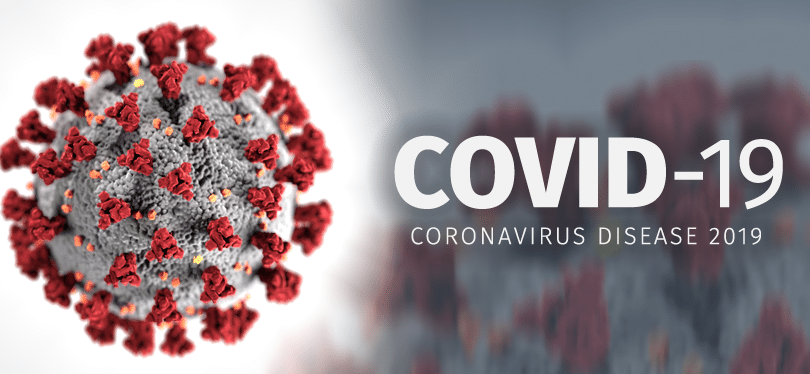Misinformation And Hysteria: A Critical Analysis Of Coronavirus Studies
Have you heard that the coronavirus can have a 14 day incubation period? I have to and when I first heard it I was immediately skeptical given my prior experience with research and what I know about viruses from working in healthcare.
Turns out, that this “fact” (highly unlikely) circulating all over social media is based on a few studies. The first flawed study that I am looking at did a content analysis of news articles and public health reports. The problem with news articles and public health reports is most of it is self reported data, involves flawed data collection methods, influenced by human error, etc. The study that everyone is quoting was not done in a lab or based on solid data. The authors on where their data came from: “We searched for news and public health reports of confirmed COVID-19 cases in areas with no known community transmission, including provinces, regions, and countries outside Hubei.”
The study claims, “there were 181 confirmed cases with identifiable exposure and symptom onset windows to estimate the incubation period of COVID-19. The median incubation period was estimated to be 5.1 days (95% CI, 4.5 to 5.8 days), and 97.5% of those who develop symptoms will do so within 11.5 days (CI, 8.2 to 15.6 days) of infection.
Looking at this study’s findings you can see that there are huge ranges in their confidence intervals and they are only 95% certain that the median incubation period is between 4.5 and 5.8 days. Even if this is true, which is unlikely given their flawed method of data collection, there is a 5% likelihood that the median is not between 4.5 and 5.8 days.
Upon looking for journal articles related to this topic I found another flawed coronavirus study. This study found that the mean incubation period is between 5.5 and 9.5 days for the small sample size of “asymptomatic” individuals. But there is one huge methodological issue.
Here is what the researchers claim they did to come up with the incubation period: “In this study, we conducted a statistical modelling analysis to estimate the proportion of asymptomatic individuals among those who tested positive for SARS-CoV-2 on board the ship until 20 February 2020 included, along with their times of infections.”
This study is flawed as well because it assumes the individuals were asymptomatic for a number of days based on the amount of time spent on the ship as opposed to catching the virus through some other means at a later date while on the ship. Their data show that the first batch of asymptomatic cases don’t appear until February 15, over a week after the first date in their data points.
Additionally, people can ignore symptoms, hide symptoms due to the stigma attached to coronavirus, misreport the onset of symptoms, and/or not be aware of their symptoms. Much of the data about symptoms prior to diagnosis is self reported.
Here’s my evidence to support that the asymptomatic individuals could have just caught the virus at a later date. The NY Times reported, “In the passenger decks of the quarantined Diamond Princess cruise ship, more than 2,500 travelers are carefully isolated. Meals are delivered to their cabins. They have permission to walk on deck, six feet apart, for a few minutes a day. Down below, more than 1,000 crew members live and work elbow-to-elbow, preparing the passengers’ dishes and eating simple buffet-style meals together, with as many as four sharing a bathroom — and sharing the risk of possible infection from the coronavirus.”
Professor Ioannidis at Stanford University Has a very interesting article similar to this found here He also published an editorial in the European Journal of Clinic Investigation titled Coronavirus disease 2019: the harms of exaggerated information and non-evidence-based measures
The problem that all of these studies have in common is much of the data is self-reported and the researchers make assumptions about when the individual were exposed to the virus. In all likelihood, the incubation period of this new coronavirus is similar to the incubation period of the flu (1-4 days) or SARS-CoV (2-7 days) and the 14 day incubation period is being reported as a conservative measure to safeguard the public against infection. While I understand this tact, the 14 day incubation period is being taken as an absolute fact by the public and influencing their behaviors such as hoarding toilet paper, bread, hand sanitizer, soap, disinfectant, and so on. Businesses are being closed and events canceled based on the presumed fact that anyone can be infected for up to two weeks before showing symptoms. I’m not an economist but I’m sure that in the future there will be studies that analyze how the events of this pandemic have had devastating results on the economy, some of which could have been avoided.
Please Note: I do think the virus is highly contagious and a serious public health concern. I also think that social distancing is an appropriate strategy within reason.


